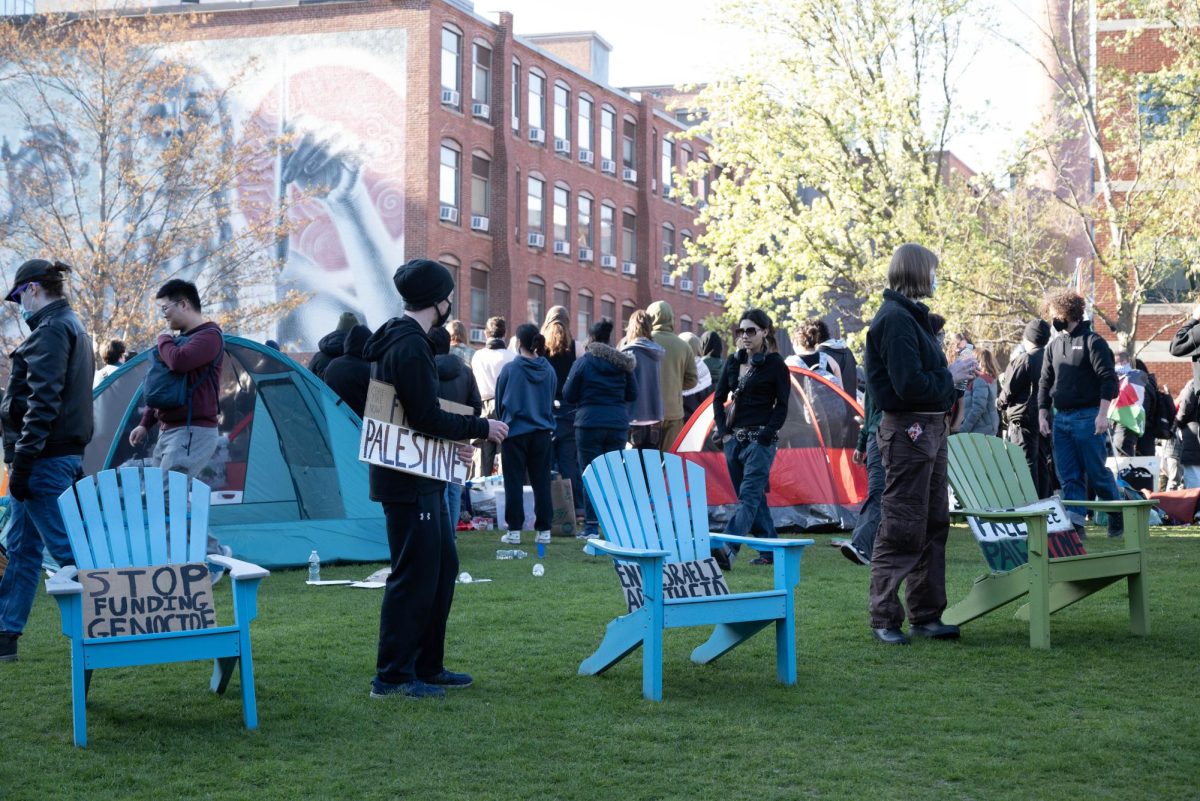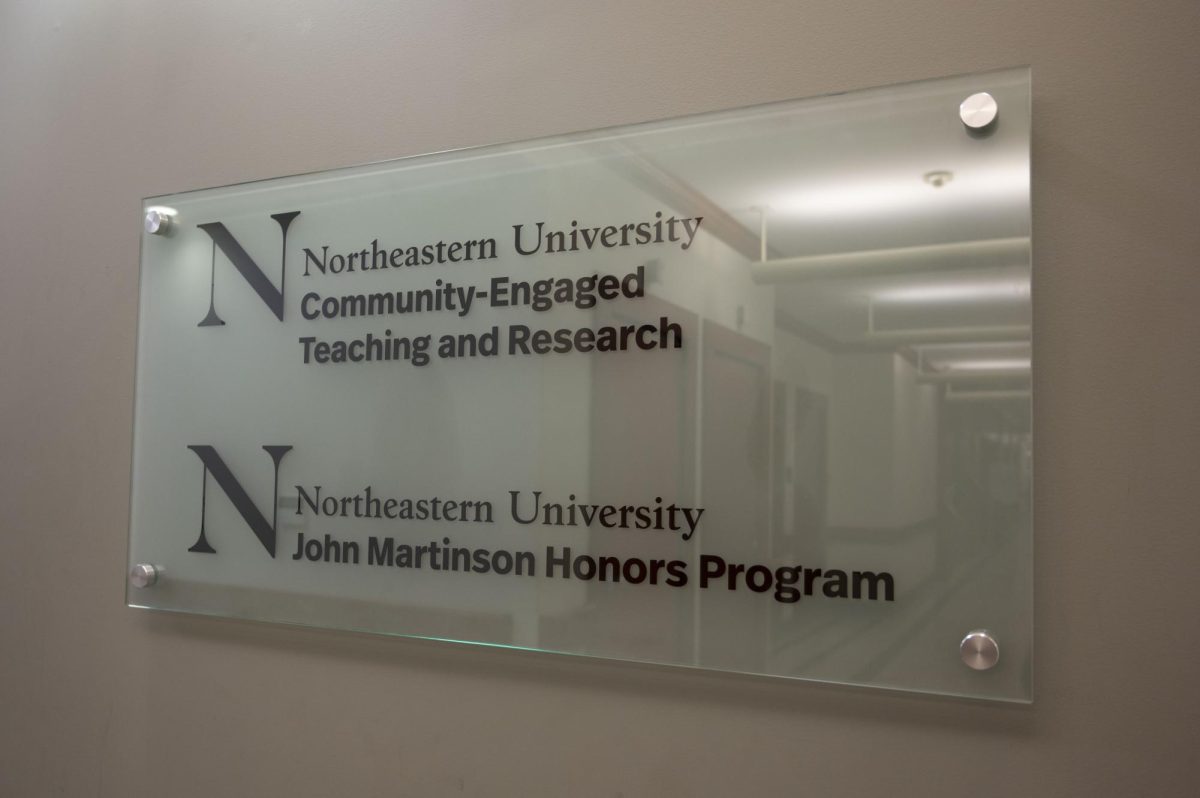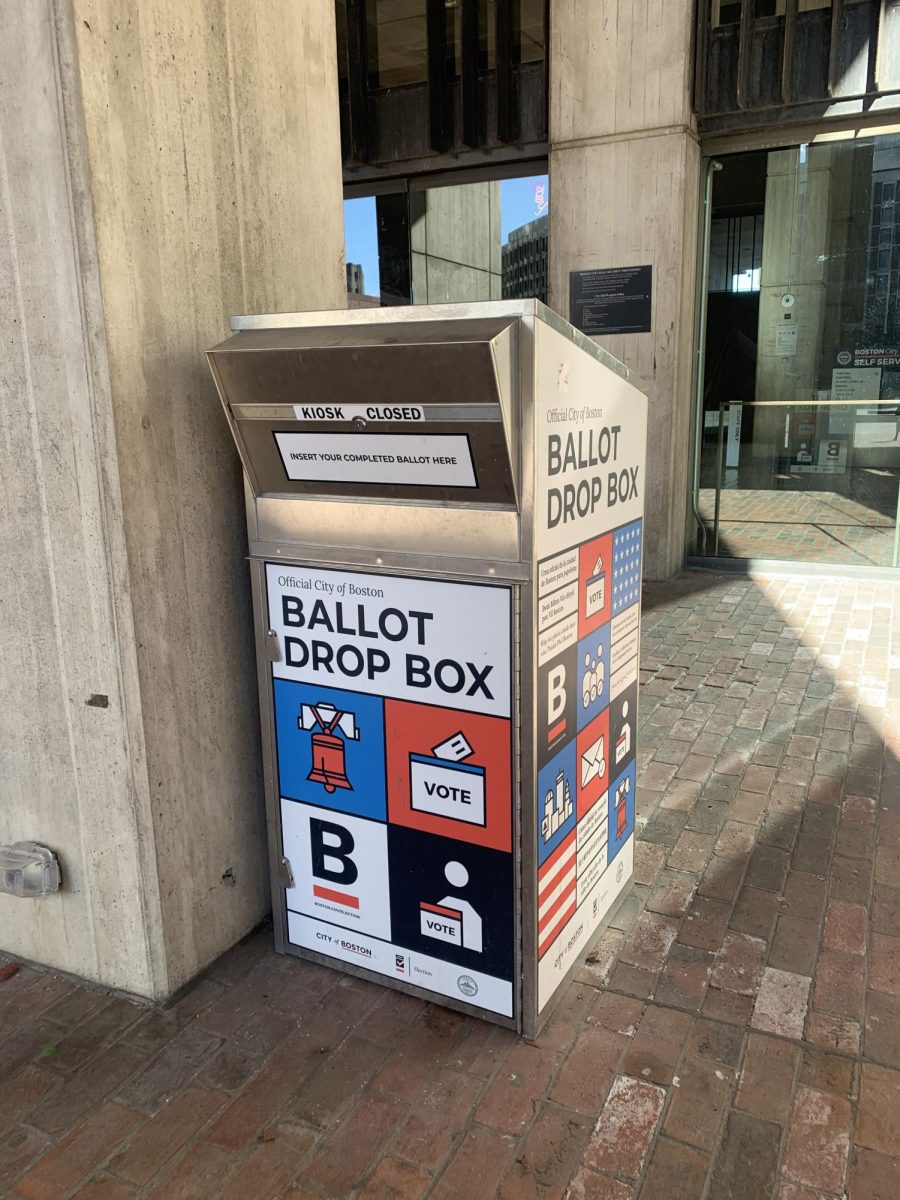There are two sides to every story, so the saying goes. When discussing Iran’s nuclear program, the right says Iran is the biggest threat to world peace and we need to bomb them before they get nuclear weapons. Liberals, meanwhile, tell us this might not be necessary, because we can just stop them by crippling their economy with sanctions.
There’s also a third side to this.
Always missing from these discussions is a simpler way to end any Iranian nuclear threat: Create a nuclear weapons free zone (NWFZ) in the Middle East. NWFZs are legally-binding agreements that prohibit parties to it from producing, acquiring or testing nuclear weapons on their territories and are enforced by, at minimum, the International Atomic Energy Agency (IAEA). NWFZs already exist in most of the world: Latin America, Africa, Central Asia, Southeast Asia and the South Pacific, which together comprise the entire southern hemisphere plus some — where nuclear proliferation has not been a problem. So why not extend them to the Middle East?
Every five years, an international conference convenes to review the Non-Proliferation Treaty (NPT) and discuss how to push nuclear disarmament forward. At the 2010 NPT Review Conference, the countries attending adopted a final document reiterating the overwhelming international consensus, expressed as early as the 1995 NPT Review Conference, which “underscores the importance of the establishment of nuclear-weapon-free zones where they do not exist, especially in the Middle East.”
The Israeli government, always concerned about nuclear non-proliferation, could not wait to boldly express its stance on the consensus document: “As a non-signatory state of the NPT, Israel is not obligated by the decisions of this Conference, which has no authority over Israel. Given the distorted nature of this resolution, Israel will not be able to take part in its implementation.” Distorted, indeed, because a NWFZ would affect the only country in the Middle East that actually has nukes. Yet, in spite of that, a University of Maryland poll conducted last November showed that 58 percent of Israelis support a NWFZ in the Middle East, even if it would include Israel.
In its response to the resolution, the US State Department chose to side with Israel’s government over its people (not to mention the rest of the world) when it said that a Middle East NWFZ can only be “a long-term goal” which must not “single out Israel.” In other words, every country in that region must be nuclear-weapons-free, but we have to avoid singling out the only country that violates this.
The US-Israeli obsession with Iran has nothing to do with nuclear non-proliferation and everything to do with the fact that there is a regional power in the Middle East that refuses to take orders from Washington. As Danielle Pletka, the de facto Iran expert at the American Enterprise Institute (AEI) put it, “The biggest problem for the United States is not Iran getting a nuclear weapon and testing it, it’s Iran getting a nuclear weapon and not using it.” Coming from AEI, one of the most prominent jingoist think tanks, these words should be taken seriously.
In a subsequent post on the AEI blog meant to explain away those comments, Pletka couldn’t help but go further: “reconciliation with an Iranian bomb is not a good thing. It means that the region will be reshaped by Tehran (or did you think the Saudis were worried about an Iranian weapon because they fear an attack on Israel? Seriously?).” That is, the problem with Iran having a bomb is not that they’ll attack Israel, but that we would now have to take them seriously. We can’t just have those fanatical Islamists in Tehran running things; we must leave that to our fanatical Islamists in Riyadh.
Every year a resolution comes up in the UN General Assembly called “The risk of nuclear proliferation in the Middle East,” which “welcomes the conclusions on the Middle East of the 2010 Review Conference” and its call for a nuke-free Middle East. This past December, the vote was typical, 174-6, opposed only by the US, Israel, Canada, Micronesia, Palau and the Marshall Islands. If we want to get serious about nuclear-non-proliferation, we can start there.
-Morgan Sinclaire is a sophomore biology major.












